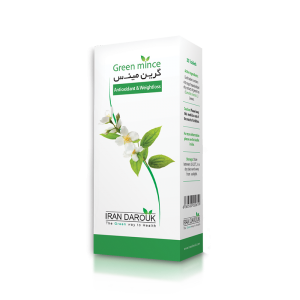
An overweight person has an excess of body weight but not necessarily an excess of body fat. Obesity refers to an excessively high proportion of body fat. The BMI is used to determine whether a person is overweight or obese. It defines body weight relative to height and, for most adults, correlates with total body fat.
The ideal anti-obesity herbal medicine would produce sustained weight loss with minimal side effects. The mechanisms that regulate energy balance have substantial built-in redundancy, overlap considerably with other physiological functions, and are influenced by social, hedonic and psychological factors that limit the effectiveness of pharmacological interventions.
Risks from Obesity
Overweight and obese people are at higher risk for developing the following problems:
- sleep apnea (interrupted breathing while asleep)
- osteoarthritis (wearing away of the joints)
- high blood pressure
- heart disease
- stroke
- diabetes
- gallbladder disease
- gout (joint pain caused by excess uric acid)

